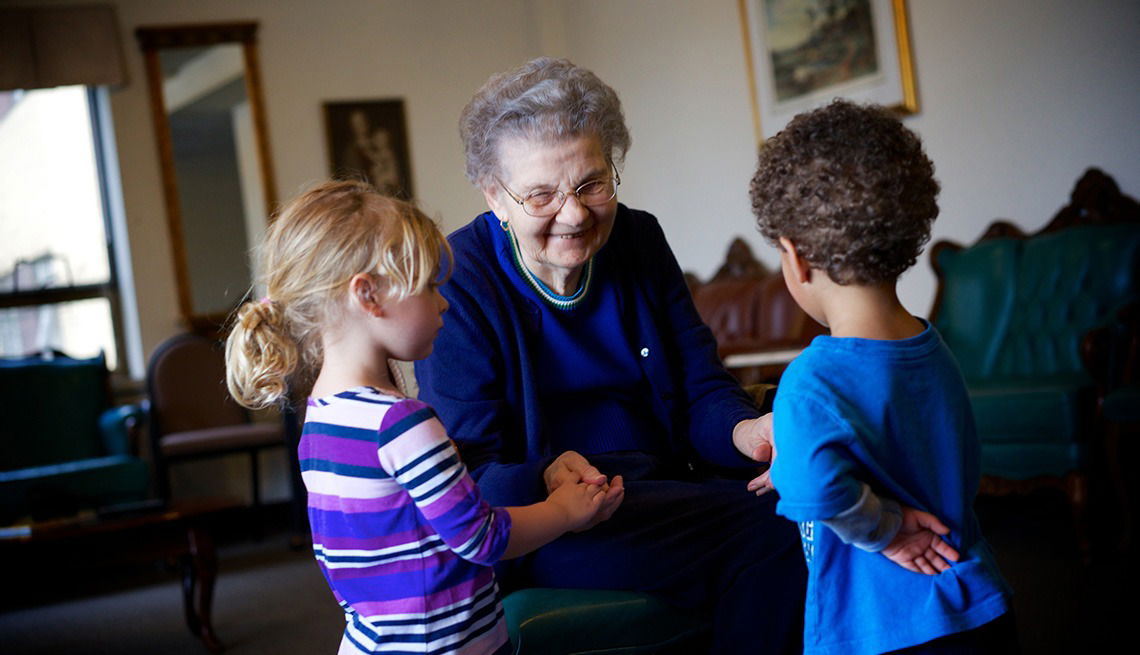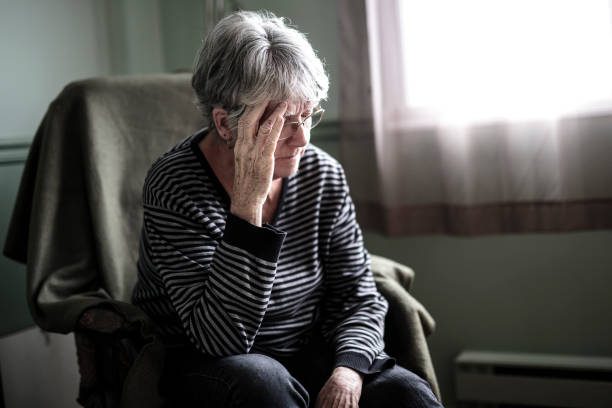
As people grow older, many believe that moving in with their children is the most natural and sensible path. After all, it promises companionship, security, love, and the support of family. Yet what appears to be a caring solution can sometimes turn into an emotional trap, stripping away the identity and independence of those who devoted their lives to their families.
Take the case of Geralda María Santos, a 63-year-old widow who sold her home and relocated with her daughter to another city. What initially seemed like a fresh, loving chapter gradually led to a loss of freedom, self-worth, and a sense of purpose.
An affection that hides a trap
In the beginning, everything feels perfect — surrounded by a child’s love, grandchildren’s laughter, and warm words. But over time, many women like Geralda discover their role shifts: from being welcomed guests to becoming permanent caregivers, unpaid helpers, or substitutes for a nanny or cook.

What starts as favors turns into expectations. The bedroom is meant to offer rest, but becomes more like a confined space to stay out of the way. And when complaints surface, they are brushed aside with comments like “but you have food and family here,” dismissing the pain of losing the freedom to plan their own day.
Gradually losing a sense of self
Eventually, their identity is reduced to “the grandmother who helps” or “the mother who looks after the kids,” erasing their personal history, talents, and achievements. This role of constant helper diminishes self-worth and can deeply harm their emotional well-being.
In many families, this dynamic becomes so routine it goes unnoticed. The older person stops living their own life and instead lives only to serve others.

Finding the courage to reclaim a life
For Geralda, everything changed after a simple phone call from a former colleague, who reminded her of her worth, her contributions, and her impact. That moment reignited her will to live with dignity.
She rented a small apartment, regaining her own space, her quiet, her kitchen, and her routine. She returned to teaching, began walking again, reconnected with friends, and traveled. She felt alive once more.
When dignity returns, everything improves
Living alone didn’t cut her off from her family — on the contrary, visits became warmer, calls more frequent, and her daughter even came to appreciate that the choice was good for everyone.
Real love shouldn’t require constant sacrifice. Sometimes stepping back is the healthiest way to strengthen bonds.

Advice for women over 60:
1. Don’t make big life choices out of fear or loneliness.
Reflect on whether living with your children is truly what you want or just what seems like the only option. Honor your own wishes for freedom.
2. Keep a space that belongs to you.
Even a small home of your own can be invaluable for maintaining emotional as well as physical independence.
3. Stay active and connected.
Avoid isolation. Join workshops, social clubs, senior centers, or volunteer activities, and surround yourself with people who appreciate you for who you are.

4. Be clear and honest with family.
If you do move in, establish your boundaries, routines, and the help you’re comfortable giving. Don’t let favors turn into expected duties.
5. Remember that your identity matters, regardless of age.
You still have the right to make decisions, to be heard, to enjoy life, and to rewrite your own story.
Geralda’s experience proves that age is never an obstacle to a new beginning. Family and love are important, but they should never come at the cost of self-respect. Living with dignity, independence, and purpose is not a luxury — it is a right. There is always time to reclaim your voice, your space, and your life.















